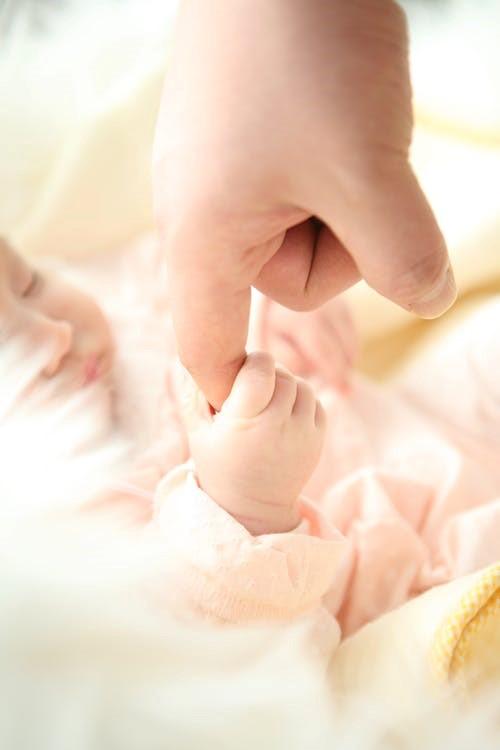After a newborn is born, there is often a situation of rapid breathing, which makes new mothers have to pay attention to it. This phenomenon may be caused by pneumonia, but not all babies are like this. Some babies breathe rapidly because they inhaled amniotic fluid during delivery, or because their respiratory system is not fully developed. So, what are the reasons behind the accelerated breathing in babies?
Does a faster breathing rate in infants mean they may have pneumonia? It is common for babies to get sick, but certain symptoms puzzle parents, such as: although the baby’s breathing rate increases, it does not necessarily mean it is a sign of pneumonia.
Normally, a healthy baby breathes about 40-44 times per minute, while an adult breathes 16-20 times. The baby’s breathing rate may temporarily increase when crying, excreting, or feeding. If the baby does not choke on milk, have a fever, etc., and can calm down after these activities, with good weight gain and eating habits, there is no need to worry too much.
The baby’s lungs are not fully developed in the mother’s body but continue to develop and mature after birth. As the baby grows overall, the lungs develop accordingly, and the baby’s metabolism is active, requiring a large amount of oxygen. However, due to the incomplete development of the chest and intercostal muscles, the respiratory support is weak, so to meet the high oxygen demand, babies will adopt a frequent and shallow breathing pattern.
Therefore, compared to adults, babies have significantly more breathing rates, especially at night, parents may notice that the baby’s breathing appears particularly rapid, and even pauses at times, all of which are normal occurrences in the growth process. Over time, with the further development of chest muscles and lungs, the baby’s breathing will gradually become slower and deeper.
In response to the common phenomenon of rapid breathing in babies, parents can judge by observing the overall health of the baby. If the baby’s physical examination results are good, parents should pay attention to daily care, such as avoiding making the baby uncomfortable during feeding, controlling the water temperature appropriately to prevent damage to the delicate lungs of the baby.


